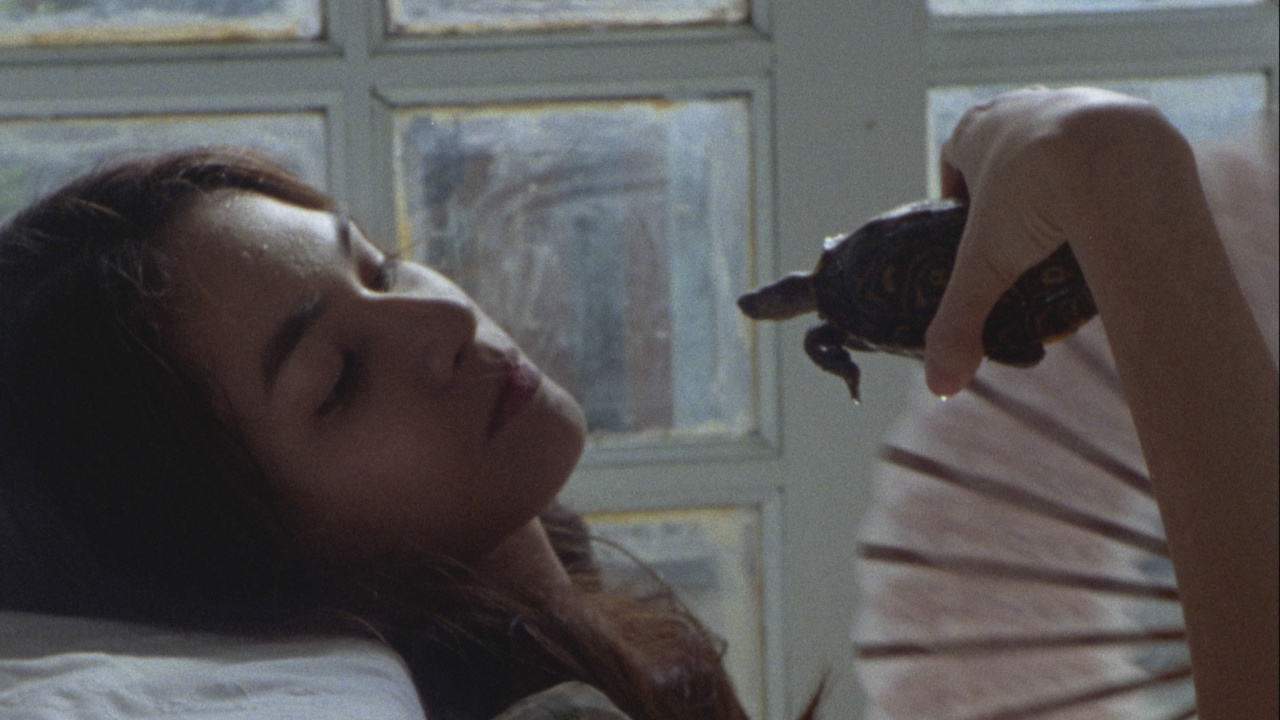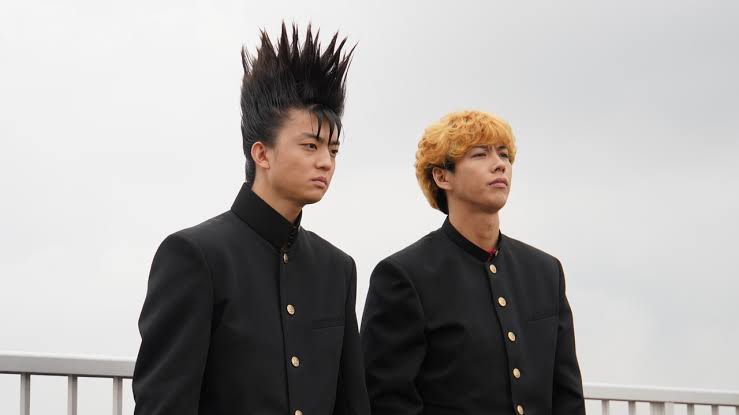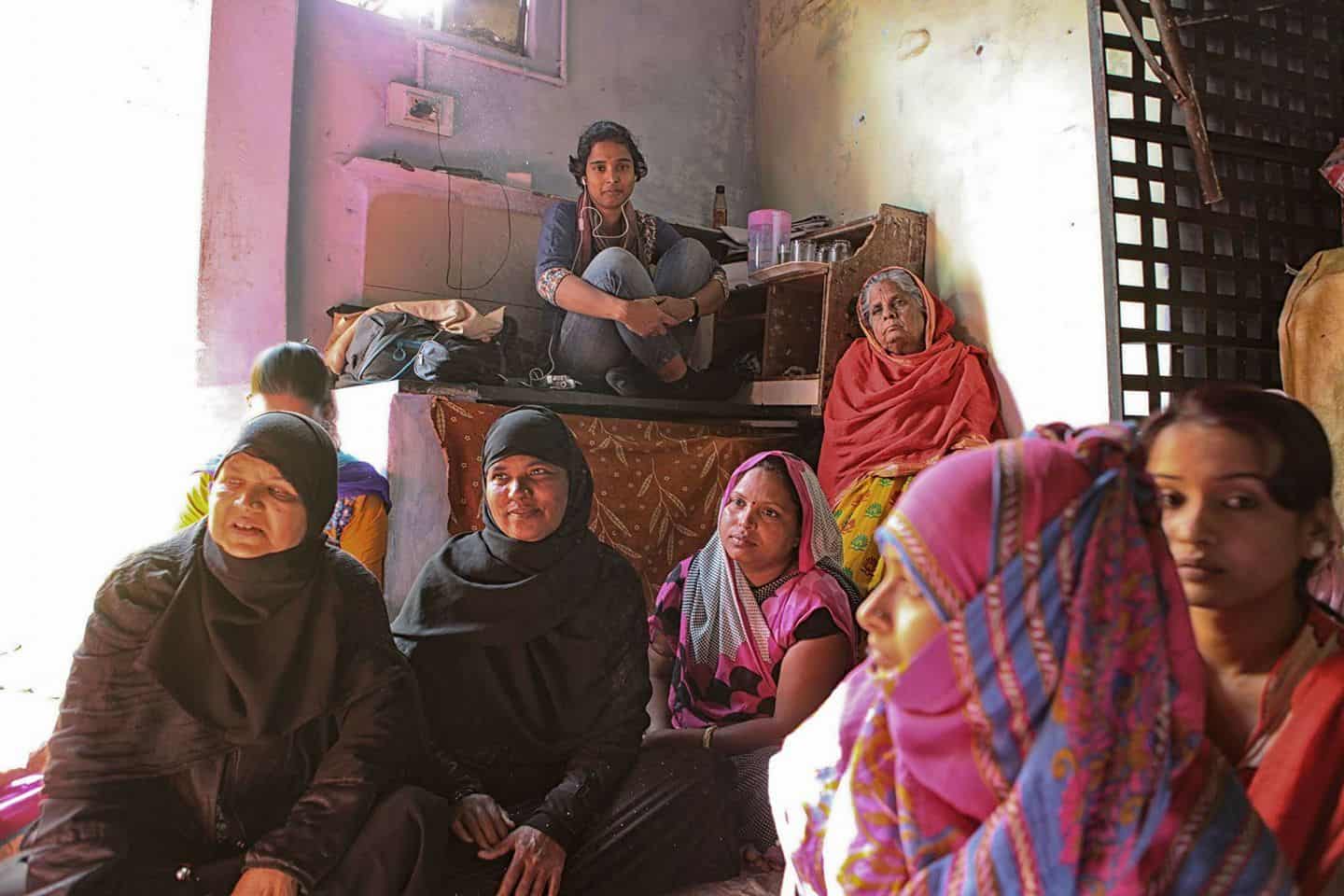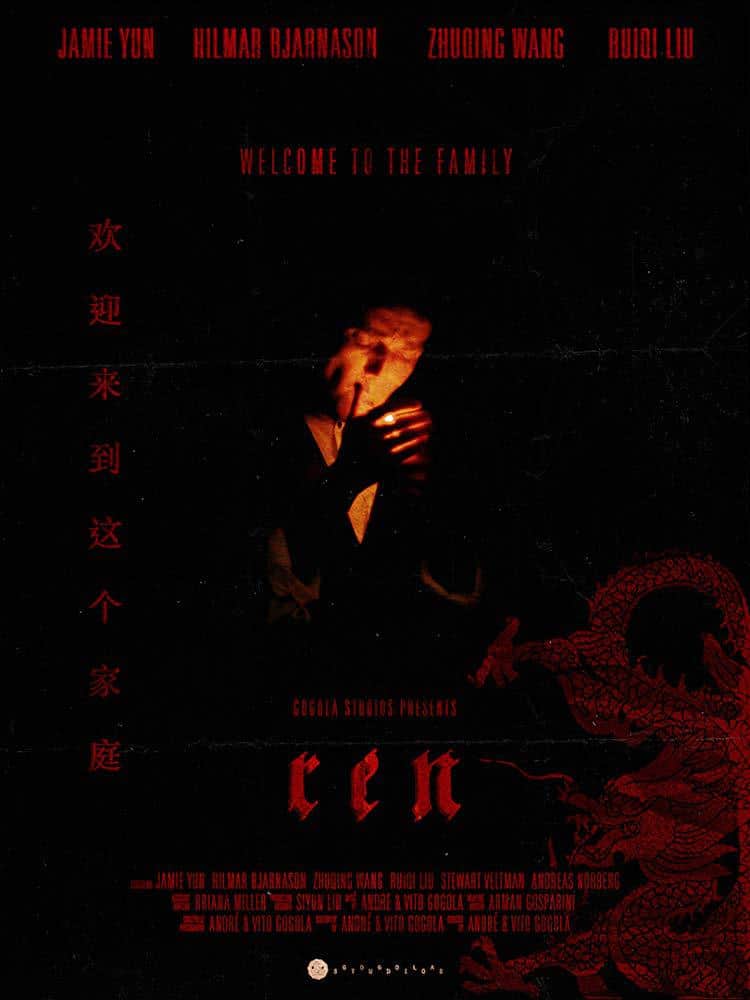Imelda Marcos, during her days as the First Lady of the Philippines, became known for her lavishness and detachment from her country's social reality. Alex Westfall presents a 15-minute-short that tries to explain how a girl who grew up in Tacloban without a mother ended up being the “queen” of the country.
“The Rose of Manila” is screening at NFMLA Monthly Film Festival – InFocus: Asian Cinema

The film begins with an archival interview of hers that took place during 2003, where she presents herself, through Marcos's opinion, as the mother of the nation. The movie then moves 51 years backwards, somewhere in the island of Leyte, where we are introduced to the young Imelda in a dark, almost ritualistic approach. The next sequences has her in the rather lighted environment she grew up in, showing her, in voyeuristic fashion, trying to cool herself and her pet turtle with a handheld fan, either in her bedroom or on the beach. The next sequence has her as a part of a catholic choir directed by a nun, and the first samples of a girl who wanted to stand out are presented, a notion that her friends also seem to realize, as they admit her as the “star”.

The next sequences take place during the 1953 Miss Manilla beauty pageant, where Imelda is transformed from a country girl to a true beauty. Alex Westfall adapts here the true pageant speech included in “Imelda: Mothering and her Poetic and Creative Ideas in a Troubled World” by Cecilio T. Arillo, where she talks about how losing her mother shaped here. At this point, the viewer will probably start feeling sympathy for the young girl, but the events that follow highlight her ambition and her will to do anything to achieve her goal in the most eloquent fashion. When Norma Jimenez wins, Imelda faints, and after a break that leads to a discussion with the jury and the organizers, she is declared co-winner, in a rather controversial result.
Alex Westfall does not make an in-your-face comment about his subject, and the truth is that the film is not exactly pointed, as it can be interpreted in a various ways, none of which are decisive. In that fashion, the trick in the pageant moves one way, but the fact that she had to grow up without a mother towards a different one. All the while, her beauty also shines throughout, with Polly Cabrera wonderfully presenting both this aspect and the overall ambiguity.

Where the short truly shines, however, is in its visual presentation, which includes a plethora of approaches that highlight both the artistry and the work included here. In that fashion, the archival footage of the beginning give their place to the aforementioned ritualistic approach, while the grainy images that follow excellently highlight the historic setting these events take place in. The voyeuristic images of the beach give their place to the polished ones in the choir, and the reclame-like of the pageant. In between, texts on black screen, in silent movie style, set the timeframe throughout the movie, with the combination of all the aforementioned showcasing the great job of Alex Westfall both in the editing and the cinematography along with DP Moises Zee.
“The Rose of Manila” may not present the rather judgmental portrait one would expect from such a portrait, but highlights the story of Imelda in a fashion that is truly entertaining, as much as visually artful, and in a fashion that deems the short quite easy to watch despite its experimental approach.















